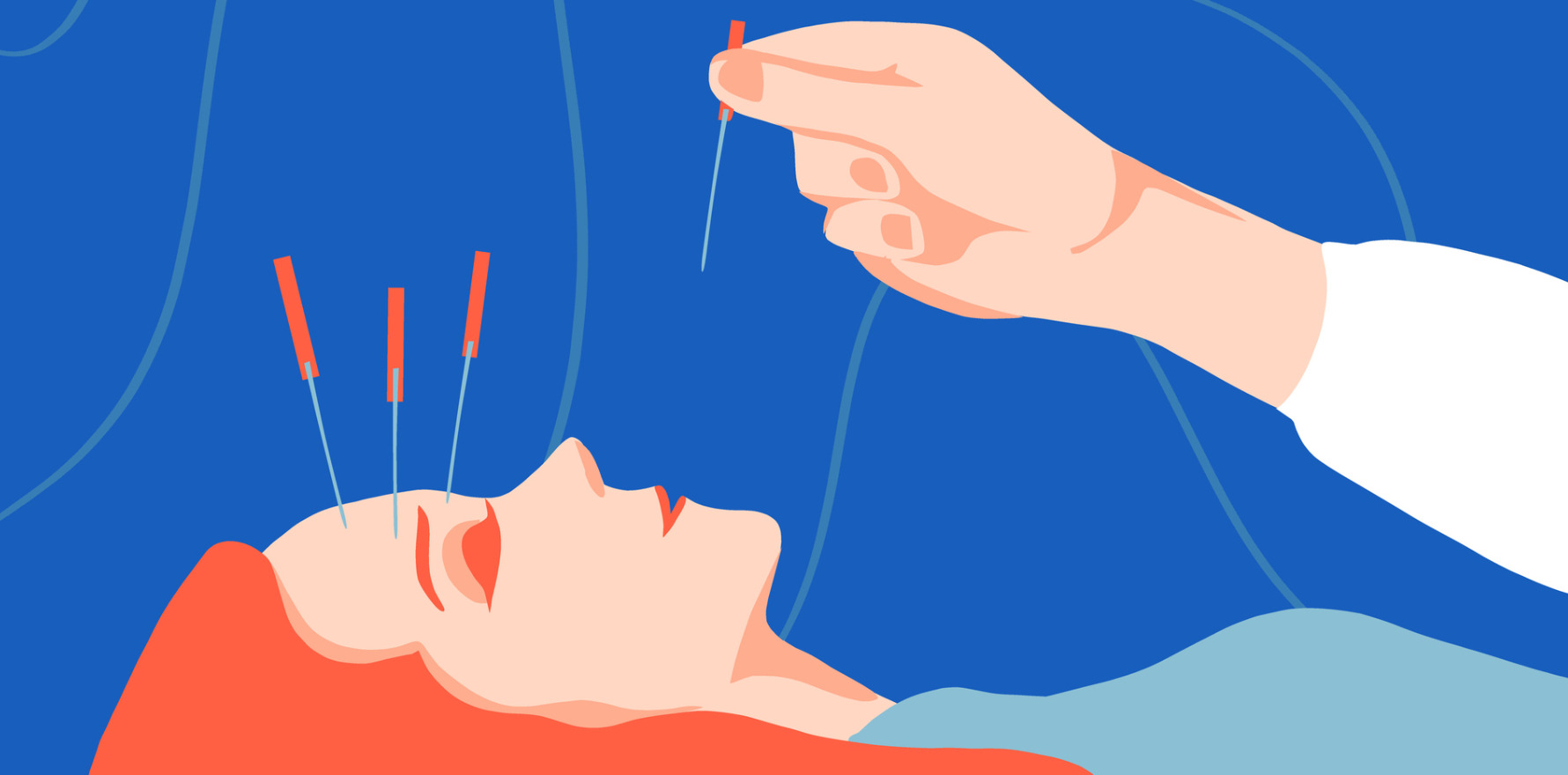Hormone therapy side effects can be so bad they lead patients to stop treatment. This could help.
Side effects of breast cancer hormone treatment are measurably reduced with acupuncture, according to findings published in Cancer, the journal of the American Cancer Society.
Hot flushes, among other endocrine symptoms, and reduced quality of life affect up to 80% of women undergoing hormonal treatment for breast cancer. Patients enrolled in three randomised control trials in the US, South Korea and China, saw clinically significant improvements in all of these.
The three trials were carried out in tandem, but independently, between January 2019 and February 2022. They involved 78 women in the US, 40 in South Korea and 40 in China (a total of 158) all with stage 0–III, HR-positive breast cancer, with any (HER-2) status, median age 48 years.
All had completed surgery, chemotherapy or radiation treatment and were on adjuvant endocrine therapy (such as Tamoxifen), with or without ovarian function suppression, for at least four weeks at the time they entered the study. All the participants had experienced hot flushes for at least four weeks, on average at least twice a day in the week before being screened.
The women were randomised 1:1 to two groups in each trial. One arm immediately received manual and electro acupuncture twice a week plus usual care for 10 weeks, and were followed for a further 10 weeks. The second group received just usual care for the first 10 weeks, and then once-weekly acupuncture for 10 weeks.
The outcomes measured included hot flushes, night sweats, joint pain, vaginal dryness and quality of life.
After 10 weeks, those in the acupuncture group had a statistically significant improvement in their endocrine symptom subscale (ESS) score, with a change of 5.1 points vs 0.2 out of a possible total of 76 points. The ESS assesses 19 endocrine symptoms including hot flushes, night sweats, vaginal dryness, and joint pain, compared with the delayed acupuncture arm. In the immediate acupuncture group, 54% of women achieved a clinically significant improvement vs 26% of the delayed acupuncture group.
By week 10, the hot flush score (frequency x severity, where lower is better and there is no upper limit) of those who received immediate acupuncture declined by a clinically significant 5.3 points on average, compared to just 1.4 points in the delayed arm, with differences emerging by week five. Nearly two-thirds of the acupuncture group (64%) reported a score reduction of 50% or more, compared to 18% of participants in the other group. Both groups started at a baseline score of around 11.
Quality of life (related specifically to breast cancer) improved by an average of eight points in the immediate acupuncture group (out of a possible 148 points), compared to just 0.01 points in the delayed group.
The first group maintained their improvements at week 20, and the second group’s scores improved from week 10 levels after receiving the delayed, lower intensity acupuncture, with ESS scores improving by an average of nearly four points, and hot flush scores decreasing by an average of four points.
The South Korean trial participants had the best results, followed by those in the US and then China. This was perhaps due to differences in protocol (two acupuncture points were omitted in China) or differing baseline scores (Chinese women also reported fewer hot flushes), the authors suggested.
No serious adverse events were reported by any of the participants.


